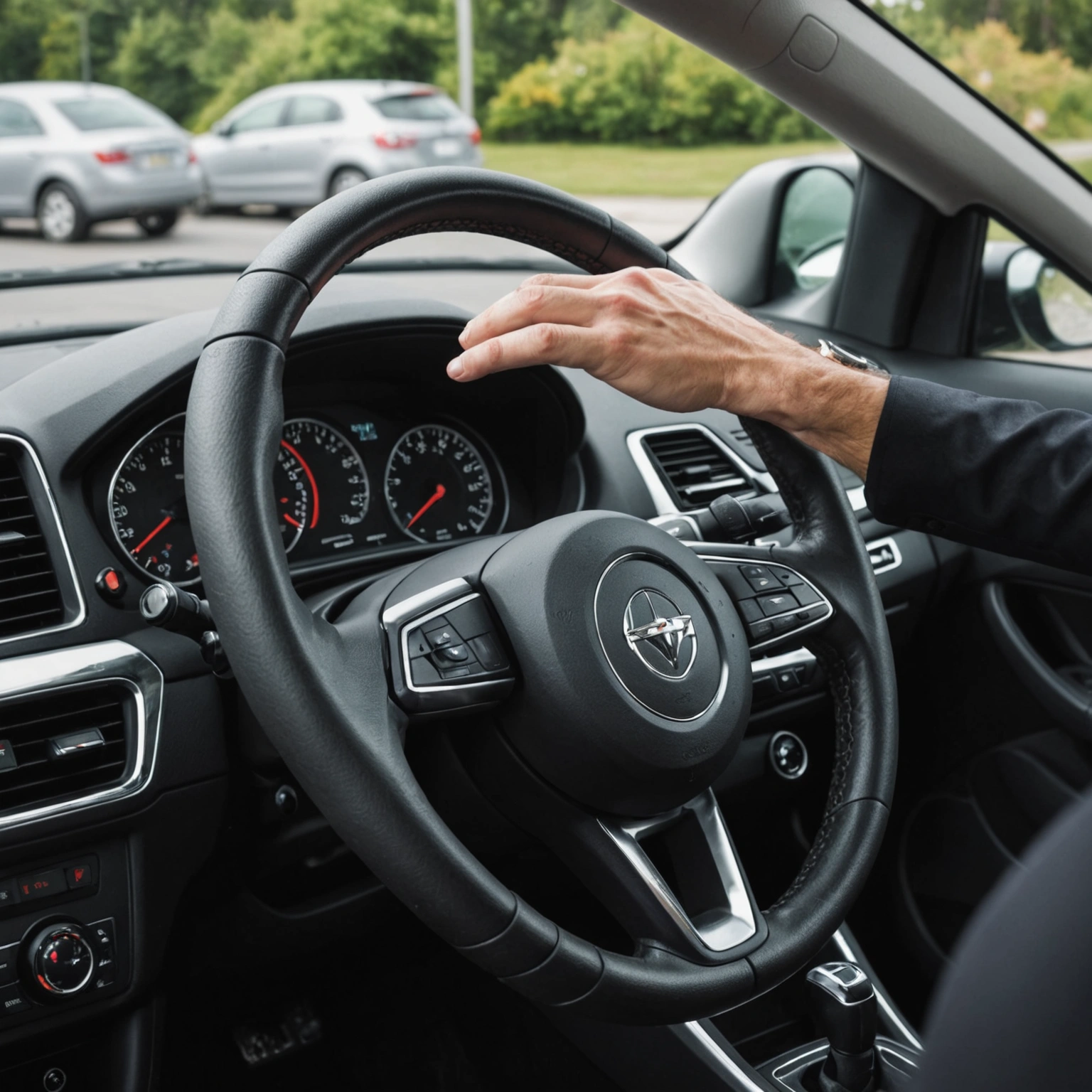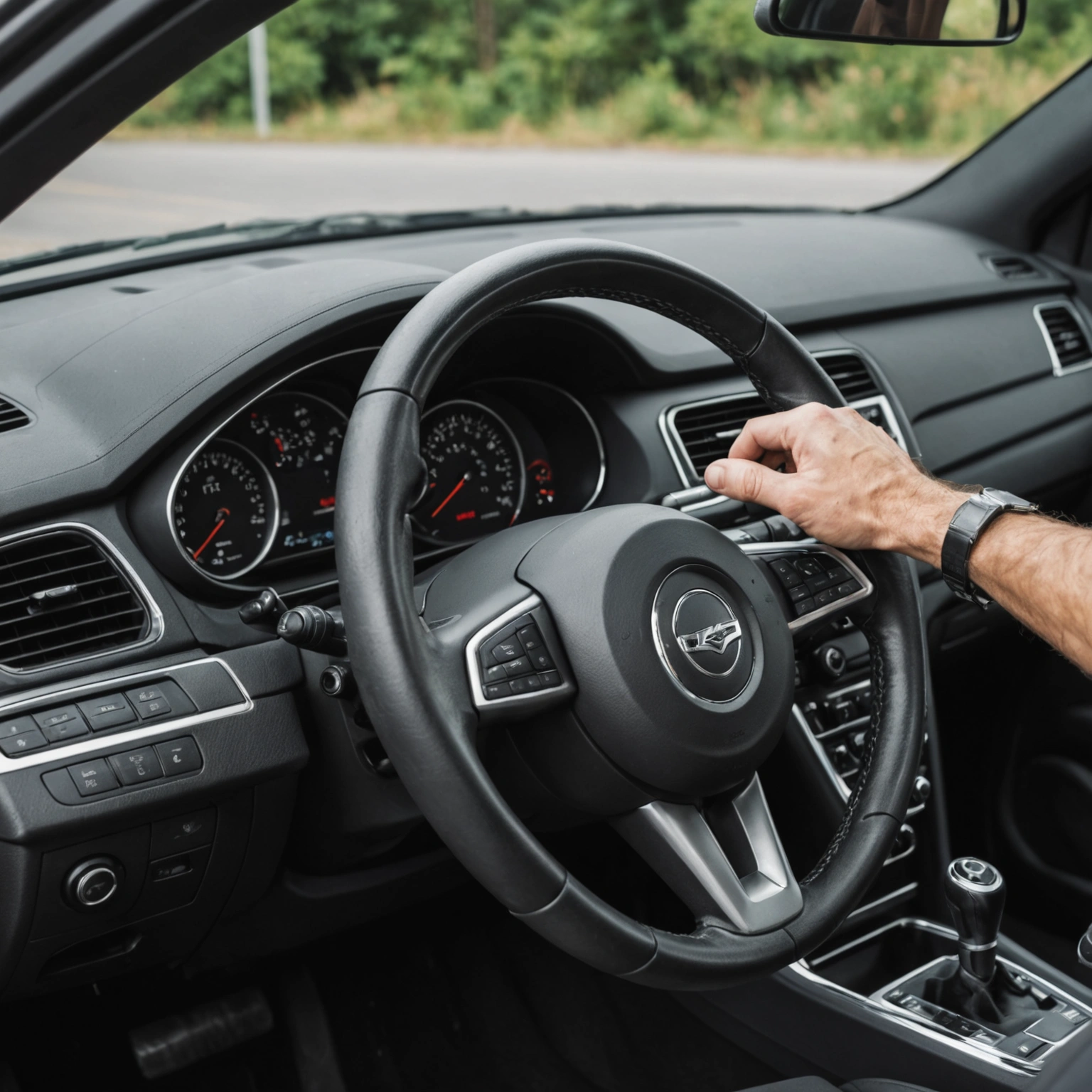**Why Does My Car Jerk? Common Causes and Solutions**
If you’ve experienced your car suddenly jerking or lurching while driving, you’re not alone. This unsettling sensation can be caused by a variety of issues, ranging from minor maintenance needs to more serious mechanical problems. Understanding the common reasons behind a jerking car can help you diagnose the issue and determine whether it’s something you can address yourself or if professional assistance is needed.

### Common Causes of a Jerk in Your Car
1. **Fuel System Problems**

– **Dirty or Clogged Fuel Injectors:** Over time, dirt and debris can clog fuel injectors, disrupting the proper fuel flow to the engine. This can cause uneven combustion, resulting in jerks or hesitation during acceleration.
– **Fuel Filter Blockages:** A clogged fuel filter restricts fuel flow, leading to inconsistent engine performance.

2. **Ignition System Issues**
– **Worn Spark Plugs:** Old or fouled spark plugs can cause misfires, which often manifest as jerking or sputtering.

– **Faulty Ignition Coils:** If the ignition coil is failing, it can cause the engine to misfire intermittently.
3. **Transmission Problems**
– **Worn Clutch (Manual Transmission):** A slipping clutch can cause sudden jerks during gear shifts.
– **Transmission Fluid Issues:** Low or dirty transmission fluid can lead to rough shifting and jerking in automatic transmissions.
4. **Sensor Malfunctions**
– **Mass Air Flow (MAF) Sensor:** A faulty MAF sensor can send incorrect air flow data to the engine control unit (ECU), causing poor fuel mixture and jerking.
– **Throttle Position Sensor (TPS):** Problems with this sensor can lead to erratic throttle response and jerks.
5. **Dirty or Failing Air Filter**
– A clogged air filter limits airflow to the engine, causing an imbalance in the air-fuel mixture and resulting in jerky acceleration.
6. **Vacuum Leaks**
– Leaks in vacuum hoses can cause incorrect air intake readings, leading to rough idling and jerking.
7. **Engine and Transmission Mounts**
– Worn or broken mounts can cause the engine to move excessively, resulting in noticeable jerking during acceleration or deceleration.
### What Can You Do?
– **Basic Maintenance Checks:**
– Replace spark plugs if they’re old.
– Change the air and fuel filters if they’re dirty.
– Ensure the transmission fluid is at the correct level and in good condition.
– **Diagnostic Tools:**
– Use an OBD-II scanner to check for error codes related to sensors or other components.
– If the check engine light is on, having the codes read can pinpoint the issue.
– **Professional Inspection:**
– If the problem persists after basic maintenance, it’s best to consult a trusted mechanic. They can perform a thorough diagnosis, especially for complex issues like transmission problems or sensor failures.
### Final Thoughts
A jerking car can be a symptom of various underlying issues, from simple maintenance needs to mechanical failures. Regular vehicle maintenance, attentive driving, and prompt diagnosis are key to ensuring your car runs smoothly and safely. If in doubt, don’t hesitate to seek professional help to keep your driving experience safe and comfortable.
**Safe driving!**

